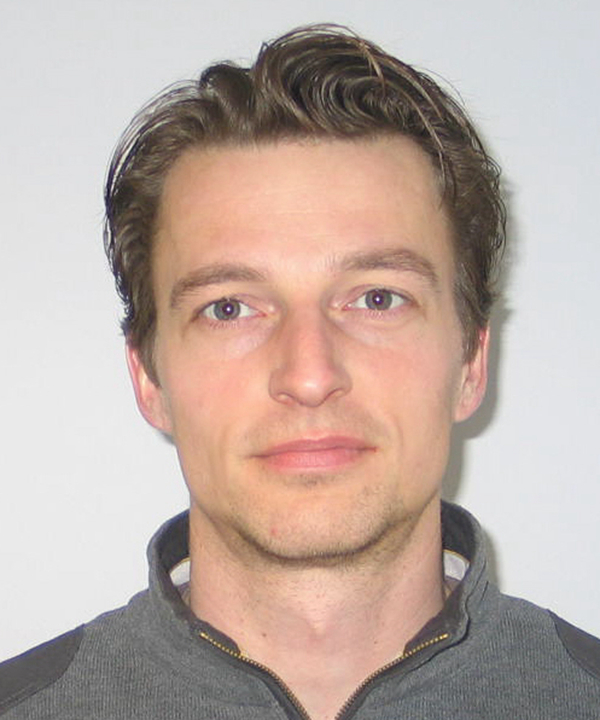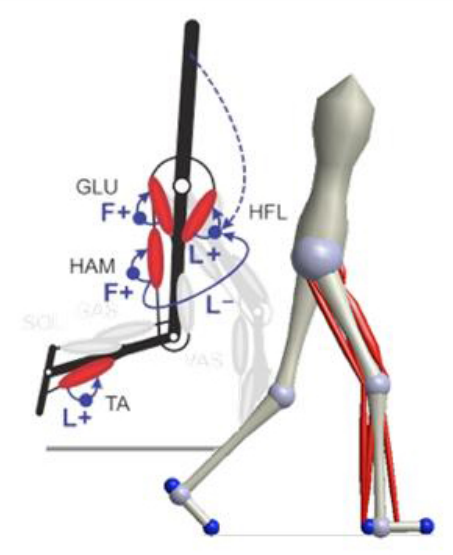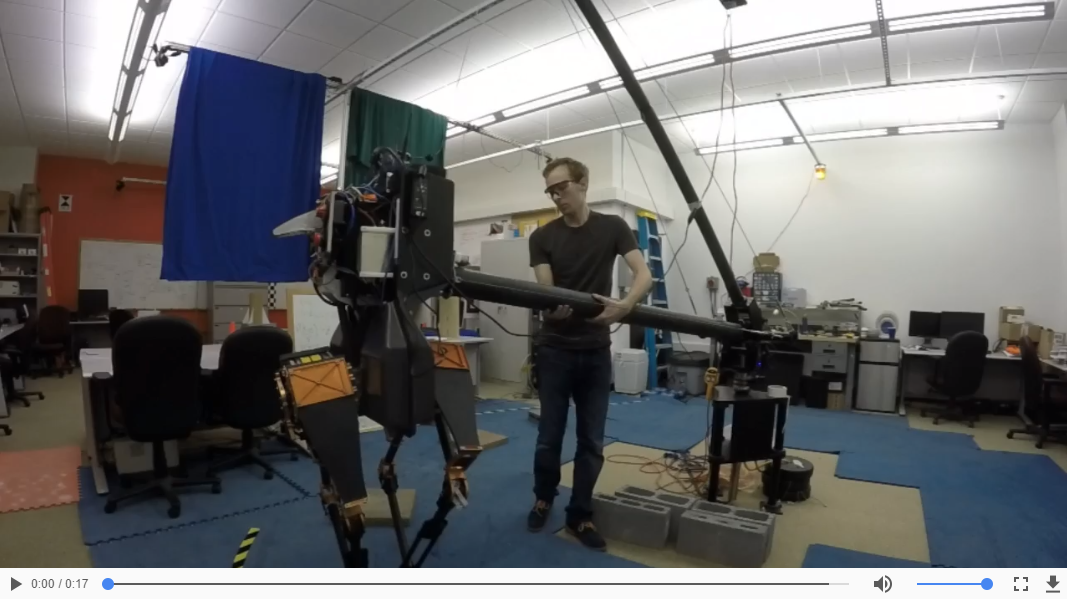
Dr. Hartmut Geyer
Associate Professor, Robotics and Biomedical Engineering
- Newell Simon Hall 4517
- 412 268 1724
- 412 268 5569
Newell Simon Hall 4521
Carnegie Mellon University
5000 Forbes Avenue
Pittsburgh, PA 15213
Education
- Diploma in Physics, Friedrich-Schiller-University Jena, 2001
- Ph.D., Social and Behavioral Sciences (Biomechanics), Friedrich-Schiller-University Jena, 2005
Bio
Hartmut Geyer received the Diploma degree in Physics and the Ph.D. degree in Biomechanics from the Friedrich-Schiller-University of Jena in 2001 and 2005, respectively. In 2006, he was awarded an EU Marie Curie Fellowship and worked as a postdoctoral researcher at MITʼs Biomechatronics Group and at the Institute for Automatic Control of ETH Zurich, which he later joined as a postdoctoral associate. He joined Carnegie Mellonʼs Robotics Institute in 2010, where he is currently an associate professor. His research interests include the theoretical foundation of legged dynamics and control, computational models of the human neuromuscular control system, and robotic limbs with human-like behavior and dexterity. These interests are linked by his overarching goal of advancing the science and technology of legged dynamic systems and of improving through this work the quality of life for people who depend on robotics technology to assist, replace or restore their physical capabilities.
Research
Research in the Geyer group spans three connected areas. First, we advance the theory legged dynamics and control. We develop fundamental gait models of legged systems that are inspired by how animals move, and implement and evaluate these models on bipedal robot platforms. This research is focused on understanding and increasing the dynamic capabilities of legged systems. Second, we investigate how humans control legged locomotion. We develop physiologically plausible computer models of the human neuromuscular system, propose and explore new theories about how humans control and learn locomotion, and evaluate the resulting model predictions against human behavior in gait experiments. Finally, we apply the insights gained in the first two areas to powered prosthetics. We design and build new powered prosthetic legs that are capable of high performance locomotion, apply control strategies mimicking human neuromuscular control to achieve human-like gait stability and dexterity, and evaluate the benefit of resulting prosthesis controllers in experiments with amputee users.
Research Interests: legged dynamics and control; motor control of human locomotion; powered prosthetics; humanoid robotics

Awards and Recognition
-
EU Marie-Curie Outgoing International Fellowship, 2006-2008
-
German Academic Exchange Service Graduate Student Fellowship, 2001-2003
